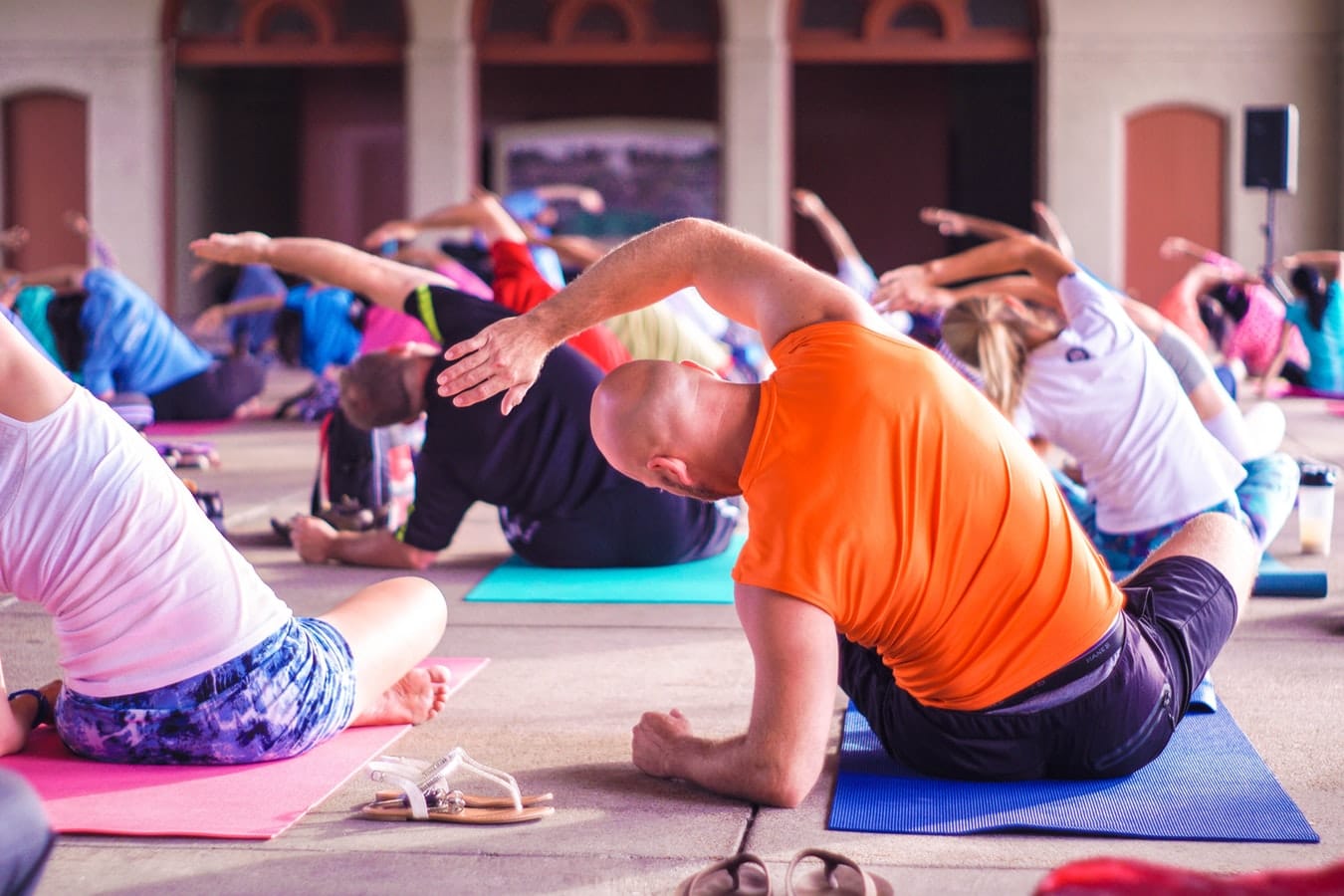From The Toronto Star
By Isabel TeotonioEducation Reporter
Fri., March 22, 2013
After a sudden move during a tennis match triggered a slipped disc in his back, Dr. Raza Awan found himself in excruciating pain. It radiated from his lower back down his left leg.
Awan, a rehabilitation medicine specialist, sought help from the city’s best physiotherapist, chiropractor, osteopath, acupuncturist and massage therapist. Nothing worked.
“I was desperate,” he says, recalling the injury eight years ago. “I even went to a woman who was humming on my chest.”
Doctors wanted to operate, but Awan refused. On the suggestion of a patient, he tried Pilates and yoga.
Finally, he found relief. Pilates treated the sciatica and yoga eased chronic neck pain from years of playing sports and sitting in front of a computer.
The experience changed how he practices medicine. He’s proof, he says, that when doctors get injured, they become better doctors.
Awan, now the medical director of Synergy Sports Medicine and Rehabilitation, has designed a rehab model that incorporates yoga and Pilates.
The sports medicine clinic is among Toronto’s first to fully integrate yoga into its rehab model — something that would’ve been seen as “unorthodox” a decade ago, Awan says. Now, more than 250 doctors refer people to his clinic, including neurologists whose patients have severe headaches triggered by neck pain.
Western medicine has loosened up, with a growing number of doctors prescribing yoga to ease and treat illness and prevent injury. The increase has happened as the sciencific evidence continues to mount showing the health benefits of yoga.
Many of the studies are pilot studies of have small sample sizes. Experts say more randomized controlled trials, the gold standard in research, are needed. But still, the research is compelling.
Yoga is prescribed for musculoskeletal disorders, such as carpal tunnel syndrome, osteoporosis, arthritis and back pain. It helps those living with chronic conditions such as HIV and cancer better cope with the disease. And for those with multiple sclerosis or Parkinson’s disease, it can ease chronic pain, reduce blood pressure and improve posture and balance.
The proven mood booster and stress reliever is also used to treat psychological issues, such as anxiety and depression, and to help fight addiction.
Research even suggests yoga’s stress-busting capabilities can slow the biological clock on a cellular level, according to The Science of Yoga: The Risks and the Rewards by U.S. science writer William Broad. Scientists have discovered telomeres, which sit at the ends of chromosomes, get shorter as cells divide and age. One thing that erodes telomeres is stress.
Broad, a The New York Times Pulitzer-prize winning journalist at The New York Times, notes yoga’s flexing poses and slow breathing stimulate the vagus, one of the most important nerves in the body. The nerve regulates the body’s immune system and its response in fighting illness, including inflammation.


